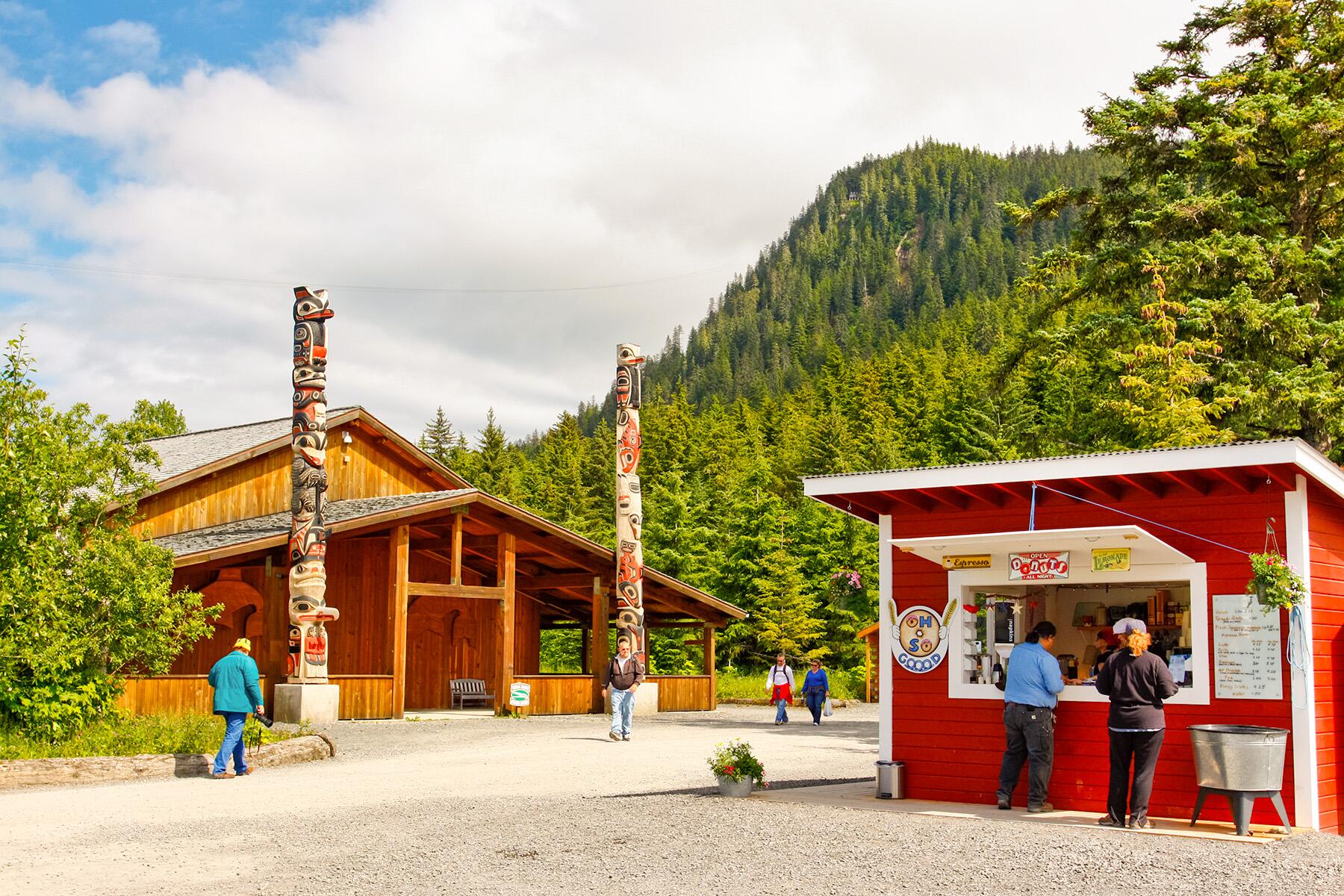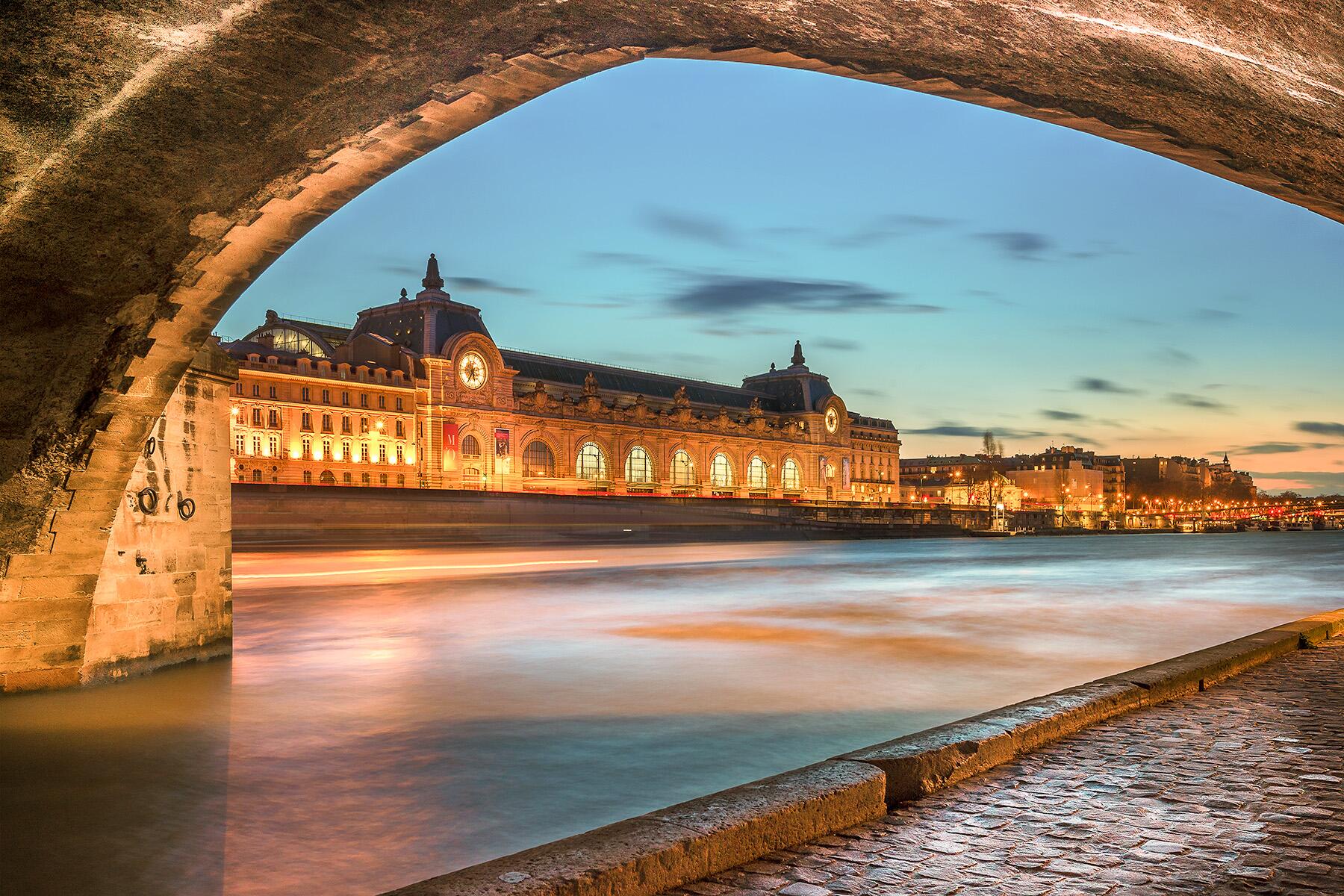A guide for helping porters gain better working conditions.
The Peruvian government announced on Feb. 20, 2020, that the Inca Trail will be closed through March 15, 2020. The trail has always shuts down for maintenance during February, the rainy season, with March 1 historically being the official season opening, so maybe this doesn’t sound like a big deal. But it is.
Torrential rains have wreaked havoc on the historic trail, including landslides, rock falls, and fallen trees. This itself is reason enough to close the trail, but there’s something more.
In a hush-hush incident on Jan. 23, 2020, one porter was killed and two were critically injured in a landslide at the trail’s Pacaymayo Alto sector. The trail was immediately closed—early for the season—and all hikers were forced to evacuate. It left many wondering what those porters were doing away from their assigned campsite in the first place.
There is evidence showing that they were leaving tents at park rangers’ houses at the request of their tour company so that additional porters would not have to be hired—an unfair business practice that additionally squelched job opportunities and directly put people in harm’s way.
“No one says anything,” says Miguel Angel Góngora Meza, a former porter who co-founded the worker-owned Inca trail tour company, Evolution Treks Peru. “It just went away.”
Recommended Fodor’s Video
The Closure Effect
You can’t deny that the additional two-week trail closure is inconvenient for trekkers who have undertaken extensive planning to tackle their bucket-list hike between March 1 and March 15—taking time off work, making airline and hotel reservations, and training to get into proper hiking shape. Some companies are offering alternative routes, or refunding their payments. So yes, it’s a great disappointment to those who had hoped to trek, but one that’s surmountable.
The porters, on the other hand, face a more precarious situation.
“The porters need the work,” says Edwin Alcazar, the elected secretary of the Regional Federation of Porters “Camino Inca Daniel Estrada Perez” (RFP). “This is the profession of the porters. They need to earn money. It’s not good if the trail is closed.”
A porter’s law issued in 2003 by the Peruvian government regulates the porter job, in terms of wage, working conditions, and insurance. But they still are not protected from all situations, including a two-week shutdown.
“Porters don’t have a contract. They don’t have insurance,” says Góngora.
They also don’t have other jobs they can turn to. They have no choice but to eke out an already bare-level subsistence.
And this is really only the start of their grievances. Even when they’re working, the porters endure less-than-ideal conditions. Despite the fact that there is an official porter law, many tour companies do not uphold it. There are unscrupulous activities that the porters face—such as keeping tents at a ranger’s house. The porters shared in a recent discussion with us their list of concerns.
The Porters Want to Earn a Fair Wage.
“We are poor people, but we are not animals,” says Miguel Mayta. “We carry everything, we do everything for the tourists. The companies must pay us for the work we do. The companies must understand we do this work every week, at least five times a month. Our knees, hips, backs are hurting us already. They don’t understand our job, so they pay us badly.”
They Don’t Want to Carry Extra Weight.
“The only [identification] control is at KM 82, the start of the Inca Trail,” says Alcazar. “Controls are not happening at the other checkpoints on the Inca Trail. And that’s where it matters; that’s where companies add weight to our bags.”
They Want Better Food.
“The companies give the porters just 10 soles [$3] for each of these guys for four days,” says Mayta. “They have that money to buy everything they need for the four days, from the beginning. That 10 soles is not enough. They can just buy rice and pasta.”
They Want Proper Sleeping Conditions.
“We sleep in the dining tent. Or in the toilets,” says Mayta. “We would like to sleep in proper tents like tourists,” adds Alberto Huaman, the current president of RFP, “with mattresses.”
They Want Life Insurance.
“Some of the porters are getting old,” says Góngora. “There’s nobody looking after them or their families when they stop working.”
And therein lies the rub. In the case of the porters who were killed and injured in the recent accident, their families have received an undisclosed amount of compensation—but only after RFP intervened and applied pressure.
The Porters’ Plan
“The porters are practically mute,” says Góngora. “Nobody speaks for them. They can’t say anything. If they do, the companies will treat them badly.”
But they are rallying, having created the Regional Federation of Porters with over 3,000 porters uniting to demand basic, humane working conditions. One of the first things they have done is create a Facebook page, where abuses and misconduct can be reported.
“With this, the porters can show the world, to the clients that are coming to this company, to show which companies are bad and which are good,” says Góngora.
But the real way to make a change is through the law, and this is what the RFP is starting to focus on.
“The congressmen are full of promises before they are elected,” says Alcazar. “But they forget the porters when they are elected. In the end there are no results.”
“The porters want more autonomy,” adds Góngora. “They want to have a solid union of porters where every porter is registered with the porters’ federation. The first step is to collect names of porters to have one list of names. That’s what we’re doing right now. Once we do that, we’ll be able to put more pressure on tour operators and the government to fight for our rights.”
What We, as Trekkers, Can and Should Do
If we are embarking on our dream hike through the Inca Trail, it’s up to us to sign up with an ethical company that treats its porters well. There’s a lot of misinformation out there, with companies stating that they pay their porters generously and treat them well. Unfortunately, some of the companies’ advertising is deceptive.
The porters suggest several different ways to ensure you don’t add to the problem.
- Visit the porters’ Facebook page for first-hand reports on how the porters are being treated. Read reviews from other trekkers, and leave your own comments. Be transparent by posting an invoice or anything that’s proof of payment.
- Do not donate to NGOs, companies allegedly raising money to support the porters, or media organizations supporting the porter directive. If you want to give the porters money, do so directly.
- More tips can be found here.
This is an uphill battle that is not restricted to the Inca Trail porters. The Mount Everest Sherpas and Kilimanjaro porters experience similar injustices. And when it comes down to it, as responsible travelers it is up to us to be fully aware of the situation and exactly what we’re signing up for. Without us, the trekking clients, tour companies have no business. We can help make the change by choosing whom we do business with.
In doing this we can assure that, God forbid, the next time there’s a disaster on the trail, the porters and their families will be properly taken care of right away, without the intervention of the porter federation. And even without any extreme incidents, the porters helping us to make our once-in-a-lifetime dream come true deserve to be happy too.




